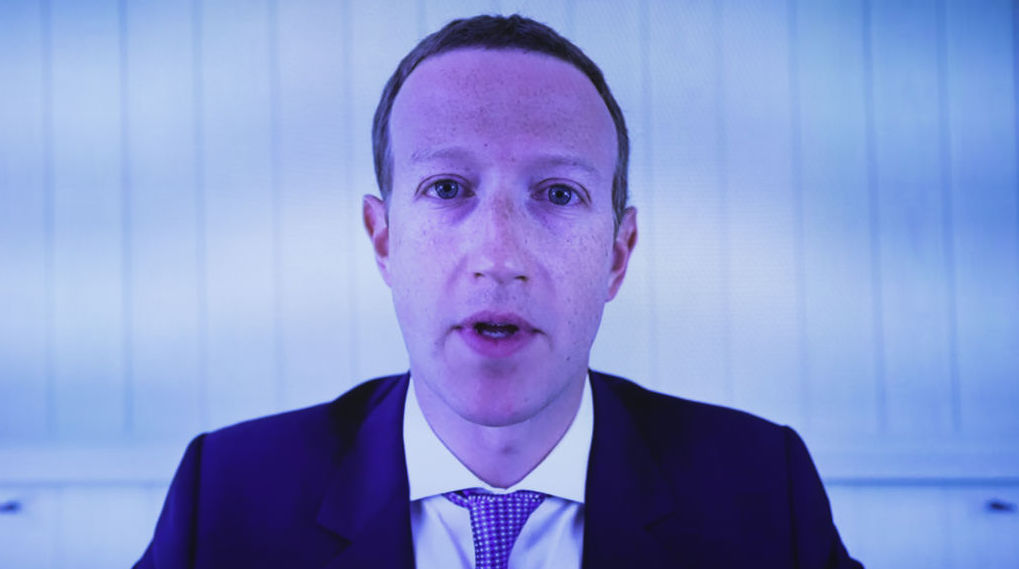When the BMJ published an extraordinary article documenting the censorship of one of its articles by Facebook, it lifted the curtain on a clandestine practice performed thousands of times a day. According to the medical journal, a peer-reviewed piece documenting an investigation into clinical trial research practices occurring at Ventavia, a contracted company which assisted with the main Pfizer covid-19 vaccine trial, was labelled as “partly false” and suppressed on the network.
Despite being fully evidenced and error-free, Lead Stories, a company that conducts around half of all fact-checking on Facebook, said the article was “missing context” and stated that a whistle-blower at the heart of the investigation failed to “express unreserved support for covid vaccines”. The fact-checking company later commented that it was concerned about who was sharing the article online. In other words, the documentation of research and investigation in some areas is not permitted if it risks causing the infantilised public to stray from their designated path.
What competency Silicon Valley executives or their fact-checking subsidiaries have to make judgements on the accuracy of information published by the UK’s premier medical journal is hard to see, but it speaks to a wider paranoia about the spread of wrongthink online. The concept of correcting falsehoods with counter-speech is not a problem in and of itself. The problem is that this practice is often not what it says on the tin. This became evident in 2021, when award-winning investigative journalist Ian Birrell’s UnHerd article on the origins of Covid and the developing questions around a potential lab leak was “fact-checked” and flagged on Facebook as “false information”. Facebook later reversed its policy position on preventing discussion of the lab leak theory only after the White House accepted it as a possible line of inquiry.
Under the weight of political pressure to shut down online discourse, “fact-checking” is becoming a major Silicon Valley funded institution unto itself. Increasingly, fact-checking constitutes tech companies and their subsidiaries casting editorial judgements on information presented into the public domain; judgements which represent a sanctioned version of the truth. Often, it is also coupled with attempts to suppress the spread of the information in question as well as openly discredit it.
This is straightforward censorship and speaks to a broader feature of society in liberal democracies in 2022, where a moral panic about the accuracy of expression has created a censorship crisis. The foundation of this concern is not ill-founded, but the growing fear around false information repackaged as “disinformation” focuses not on the powerful, but often on the spread of ideas and information amongst ordinary people. If even the BMJ can be censored for medical “misinformation” then what hope is there for the rest of us?











Join the discussion
Join like minded readers that support our journalism by becoming a paid subscriber
To join the discussion in the comments, become a paid subscriber.
Join like minded readers that support our journalism, read unlimited articles and enjoy other subscriber-only benefits.
Subscribe